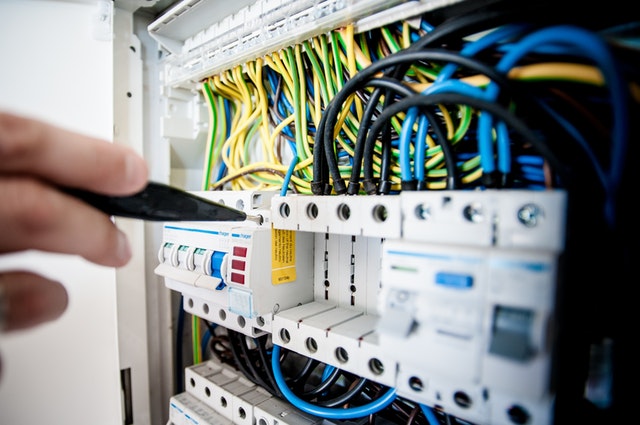Should You Buy A Home Warranty?
 When you buy a new house, the first thing you want to do is protect your investment. You already have property insurance. Should you also buy a home warranty?
When you buy a new house, the first thing you want to do is protect your investment. You already have property insurance. Should you also buy a home warranty?
What Is A Home Warranty?
A home warranty is not the same thing as insurance. Home warranties are service contracts. If a covered item breaks down and it is covered in the terms of the warranty, the home warranty company will pay to fix or replace that item.
What is Covered Under A Home Warranty?
Every home warranty contract is different but generally, a home warranty may cover items like major kitchen appliances, HVAC components, sump pump, in-home sauna or spa tub, and/or ceiling and exhaust fans.
Often, a homeowner can get an extended warranty contract that covers items like the washer and dryer, garage door opener, septic system and swimming pool components.
Understand The Costs
A basic home warranty costs between $350 and $500 annually, depending on what coverage you get. However, if something does break, you will also be on the hook for incidentals like service call fees or a deductible.
Know The Benefits
There are considerable benefits to having a home warranty contract in place, especially when something expensive breaks down, like a furnace. There is a lot of peace of mind knowing that you will be able to quickly get something fixed in your home.
You Might Already Be Covered
Your homeowner’s insurance policy might cover some of the same things that are covered with a home warranty. So you could be paying for duplicate coverage on some items. However, your homeowner’s insurance likely will not cover a dishwasher that needs to be replaced or a fridge that suddenly goes out.
There Are Alternatives
Finally, before you pay for a home warranty, remember that there are alternatives. For example, most HVAC companies offer financing options to buy a new furnace. Most appliance stores also offer financing on major purchases like refrigerators and dishwashers. You could save your $500 or so a year and put it in a savings account for a rainy day instead of gambling that you might have a major repair or purchase that year.
There are pros and cons to home warranty plans. Just be sure you fully understand both sides of the issue before you sign on the dotted line.

 The vast majority of people who are interested in buying a home are not going to be able to pay cash for the home. Even for those who can buy a home in cash, they often would rather take out a loan to avoid pulling money out of their investments where they would have to pay capital gains taxes.
The vast majority of people who are interested in buying a home are not going to be able to pay cash for the home. Even for those who can buy a home in cash, they often would rather take out a loan to avoid pulling money out of their investments where they would have to pay capital gains taxes. When you are a first-time homeowner, learning about your property can feel overwhelming. There are a number of systems in your home that require routine maintenance. Knowing when to have system serviced will help keep your home running smoothly. From the plumbing in your home, to the heating and cooling, understand that each system may need routine maintenance from time to time.
When you are a first-time homeowner, learning about your property can feel overwhelming. There are a number of systems in your home that require routine maintenance. Knowing when to have system serviced will help keep your home running smoothly. From the plumbing in your home, to the heating and cooling, understand that each system may need routine maintenance from time to time.